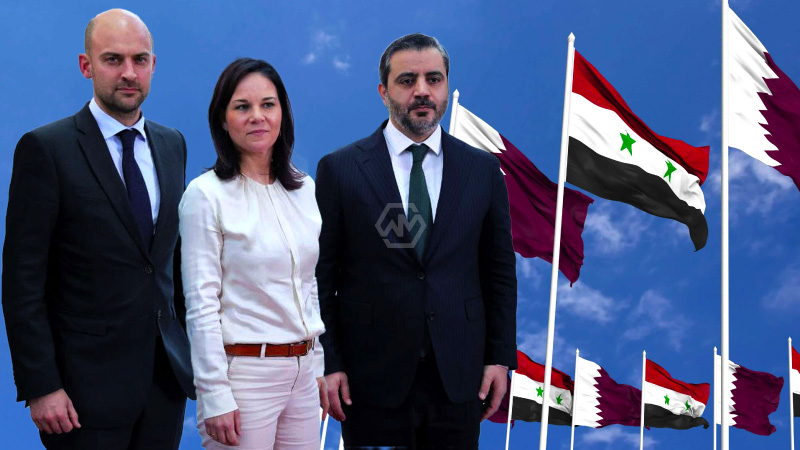- Hayat Tahrir al-Sham (HTS) ousted Bashar Assad in December 2024, marking a significant political shift in Syria.
- Syria’s new foreign minister, Asaad al-Shibani, is spearheading efforts to rebuild regional and global relations.
- Diplomatic outreach aims to lift sanctions and address Syria’s economic and humanitarian crises.
The rise of Hayat Tahrir al-Sham (HTS) has ushered in a new era in Syria’s political landscape following the ousting of Bashar Assad. The group’s de facto authority, led by Ahmad al-Sharaa, is now navigating a delicate balance of consolidating power while seeking legitimacy on the international stage.
However, the road ahead is fraught with challenges. Western skepticism regarding HTS’s Islamist roots and concerns over the treatment of women and minorities remain significant obstacles.
Syria’s Diplomatic Reset: Building Bridges Amid Challenges
Syria’s transition under Hayat Tahrir al-Sham (HTS) marks a pivotal moment in its history. The new leadership has rapidly shifted its focus to mending regional ties, as evidenced by Foreign Minister Asaad al-Shibani’s meetings with leaders in Qatar, Saudi Arabia, and beyond. These efforts are crucial for alleviating Syria’s severe economic crisis, with sanctions crippling basic services and leaving the majority of the population in poverty.
International engagement is not without risks. Qatar’s historic support for opposition groups and Europe’s concerns over human rights issues pose barriers to fully reestablishing diplomatic relations. Nevertheless, HTS’s outreach to the West, including welcoming German and French officials to Damascus, highlights a willingness to engage in dialogue and address global apprehensions.
Domestically, Ahmad al-Sharaa’s promise to dissolve HTS and hold a national dialogue summit is seen as a significant step toward political reform. By involving diverse groups across Syria, the leadership aims to foster inclusivity and establish a road map for constitutional changes. This move could signal a break from the militant image associated with HTS and lay the groundwork for broader acceptance.
While these initiatives offer a glimmer of hope, questions about the sincerity of HTS’s commitments linger. The group’s ability to navigate complex domestic and international dynamics will shape Syria’s future, particularly in a region still reeling from years of conflict and instability.
Syria’s diplomatic outreach under HTS is a bold attempt to redefine its international standing and rebuild its shattered economy. The outcome of these efforts will depend on the leadership’s ability to address global concerns while fostering meaningful change at home.
“Diplomacy is the art of letting someone else have your way.” – David Frost



